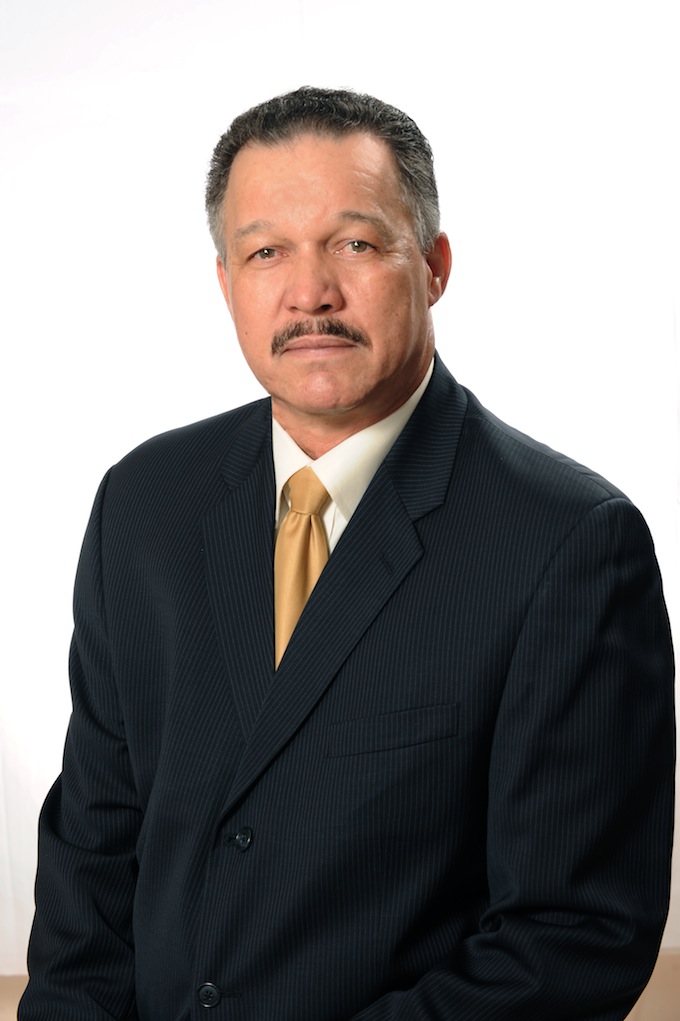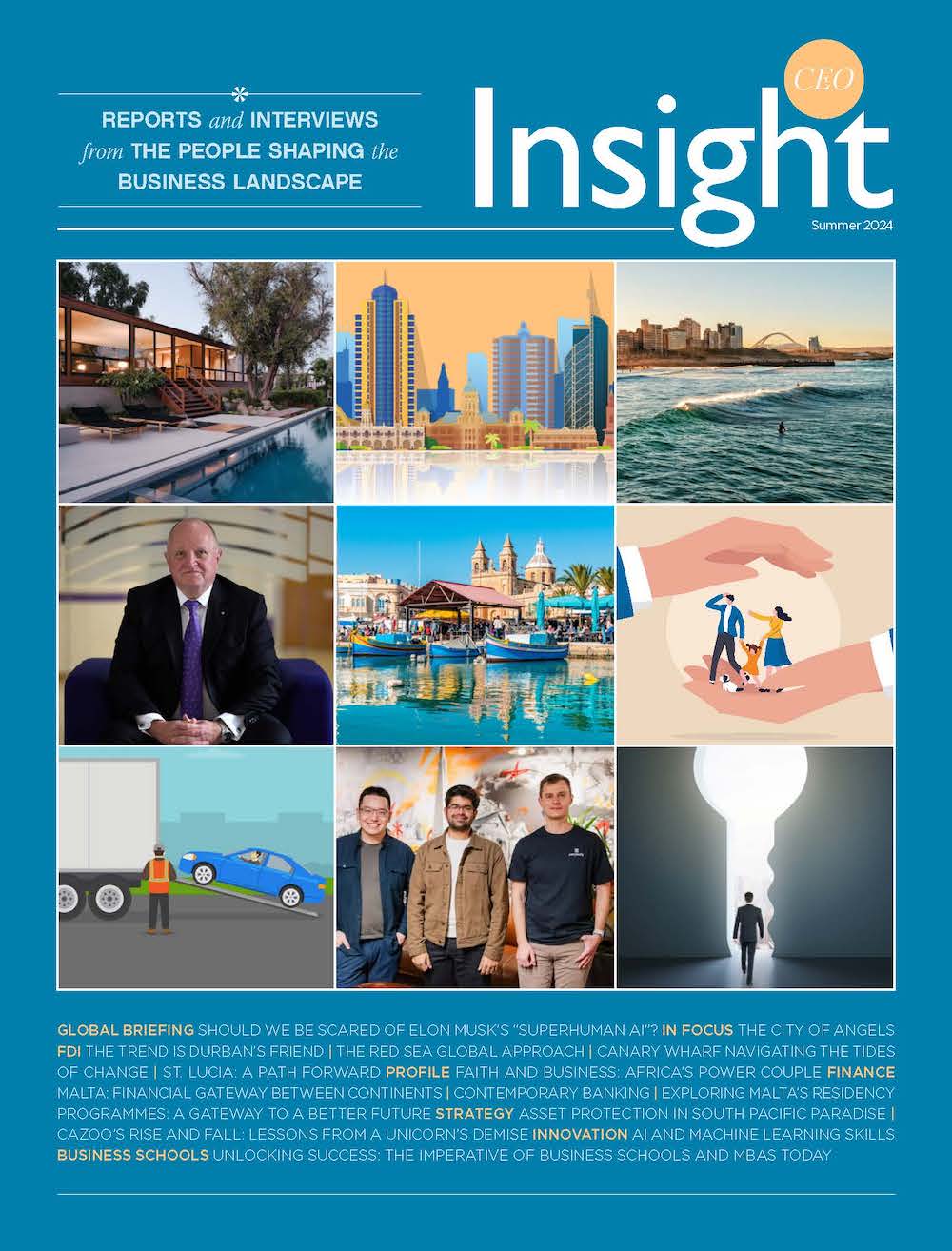Skyward Strategy: A Conversation with CAACI’s Richard Smith on Shaping Aviation’s Future
Share

In this enlightening CEO Insight interview, we join Richard Smith, Director-General of the Cayman Islands Civil Aviation Authority (CAACI), to explore the Cayman Islands’ role in global aviation. Smith discusses the region’s growth strategies, stringent safety protocols, and management of Cayman-registered aircraft. He also delves into current trends, including the surge in private aircraft sales, COVID-19’s impact, and the influence of new technologies in aviation. This conversation offers a unique glimpse into how the CAACI, under Smith’s leadership, adeptly balances innovation and high standards in shaping the future of aviation.
CEO Insight: What would you describe as the secret behind the Cayman Islands appeal to the global aviation industry, and what can you tell us about plans to build on its achievements to date?

Richard Smith, Director-General of the Cayman Islands Civil Aviation Authority
Richard Smith: Stringent safety standards and a mandate for efficient responsiveness guide our oversight of Cayman registered aircraft that has been the foundation of our enduring success. The CIAR has been operating as a reputable offshore aircraft registry since the early 1970s and has an outstanding safety record. This is also due to our dedicated technical team work with aircraft operators. We also work closely with Cayman Islands’ industry experts in the legal/ financial and company registration sectors to ensure sound and secure transactions for the initial aircraft registration or changes thereafter. The CAACI staff are highly qualified and experienced in regulatory safety oversight and in working with aircraft management and maintenance organisations to ensure compliance with internationally mandated standards.
CEO Insight: 2022 was the strongest ever year for private aircraft sales. To what do you attribute this?
Richard Smith: The pandemic made commercial travel more difficult and the need for private aircraft is increasing as commercial travel has not returned to a normal level of flight availability.
CEO Insight: With signs that business aviation is falling in traditional markets such as Europe, emerging markets are stepping into the breach. Which of these ‘new’ regions do you see as having the most fertile conditions for rapid growth?
Richard Smith: The Middle East has traditionally been a strong market for the CI Aircraft Registry, however, we have seen much interest and activity in the Asian region.
CEO Insight: To what extent was the organization you head up impacted by the COVID-19 global pandemic? Has normal service now resumed?
Richard Smith: With Covid making travelling very difficult, the CAACI adopted new processes to conduct remote safety oversight. This included extensions to current certificates based on in-depth risk assessments to keep aircraft and organisations operating. These were acceptable short-term measures with processes in place to ensure an acceptable level of safety was maintained. Service has returned to normal with a mixed schedule of remote and in-person oversight.
CEO Insight: Is low pre-owned inventory and manufacturer backlogs born of increased demand from new and returning users that is currently marking the private jet space necessitating a change of tack?
Richard Smith: This seems to be easing, we are seeing more transactions and from what we understand the manufacturers backlogs are not as they were in the pandemic.
“The CAACI staff are highly qualified and experienced in regulatory safety oversight and in working with aircraft management and maintenance organisations to ensure compliance with internationally mandated standards.”
CEO Insight: What is your view on new technologies such as urban air mobility, unmanned aircraft systems, sustainable aviation fuel, and to what extent has the CAACI embraced digitisation for the greater good of its stakeholders?
Richard Smith: The Cayman Islands has a robust RPAS community that embraces the opportunities presented by this innovative technology. Urban Air Mobility is viewed as a positive development for air transportation that will be environmentally friendly, and efficient.
The CAACI provides a bespoke electronic document management system – ‘VP-C Online’ – which electronically manages all aircraft registration applications, certificates and authorisations. The system facilitates security and efficiency for the application and issuance of aircraft registrations and continuing airworthiness, and other required approvals. This system streamlines processes within the CAACI and allows licensed users access to their aircraft’s documents around the clock to meet operational requirements in a timely manner.
CEO Insight: Where do you consider the greatest opportunities and the biggest challenges lay going forward?
Richard Smith: The greatest opportunities now are in the overall projected growth in all areas of the global air transport industry. The greatest challenges will be in maintaining key personnel resources to pursue and foster these opportunities.
CEO Insight: What would you say distinguishes your leadership style?
My leadership style is one of openness in embracing new opportunities as they are presented in the global aviation industry while taking a conservative approach to ensure high standards are maintained by the CAACI. In doing so, one recognises that the greatest asset of the Authority is its personnel resources, which must be nurtured with respect and appreciation for their services. Maintaining an open-door policy to all levels of the organisation ensures that everyone contributes to the success of the Authority.
For more information: www.caacayman.com


























